Don’t invest unless you’re prepared to lose all the money you invest. This is a high - risk investment and you are unlikely to be protected if something goes wrong. Take 2 mins to learn more
Kindling Farm
Sustainable Farming - Community Shares
Forecast
return
Kindling Farm are buying Barn Hey, an established 77-acre farm and transforming it into a large-scale community-owned farm using sustainable farming practices to produce healthy and organic food for all.
Kindling Farm Limited
Society no. 7283
Manchester, UK
Incorporation date: 22 February 2016
Match Funded
Win Win!
From 10th May 2023 the next £50k of community investment is matched £1 for £1 by the Community Shares Fund an initiative in partnership with Co-op & Community Finance.
Your money will…
Combat climate change the ecological crisis and poor health by supporting the future of sustainable farming.
Establish a sustainable farm model for the future of local, healthy food production to replace the broken industrialised food system.
Create a community-owned agroforestry farm that cares for people, wildlife and the local economy.
Earn a potential return. Investments in the share offer target an annual return of 3%.
The bigger picture
Kindling Farm is a vision for the future of better food production and farming. A vision that nurtures biodiversity and organic methods, supporting a new generation of sustainable farmers to produce healthy, local fruit and vegetables. Here’s how:
- Purchasing Barn Hey, a 77-acre farm between Manchester & Liverpool for a community-owned farm using sustainable, wildlife-friendly methods to produce healthy, organic food.
- Demonstrating ways that food production can be truly sustainable, encouraging, training and supporting a new generation of agroecological farmers.
- Caring for the soil and wildlife using alternative methods to industrial farming that nurture and protect the local environment, creating a better food system.
- Educating people on the benefits of good food production for health, the environment and local communities.
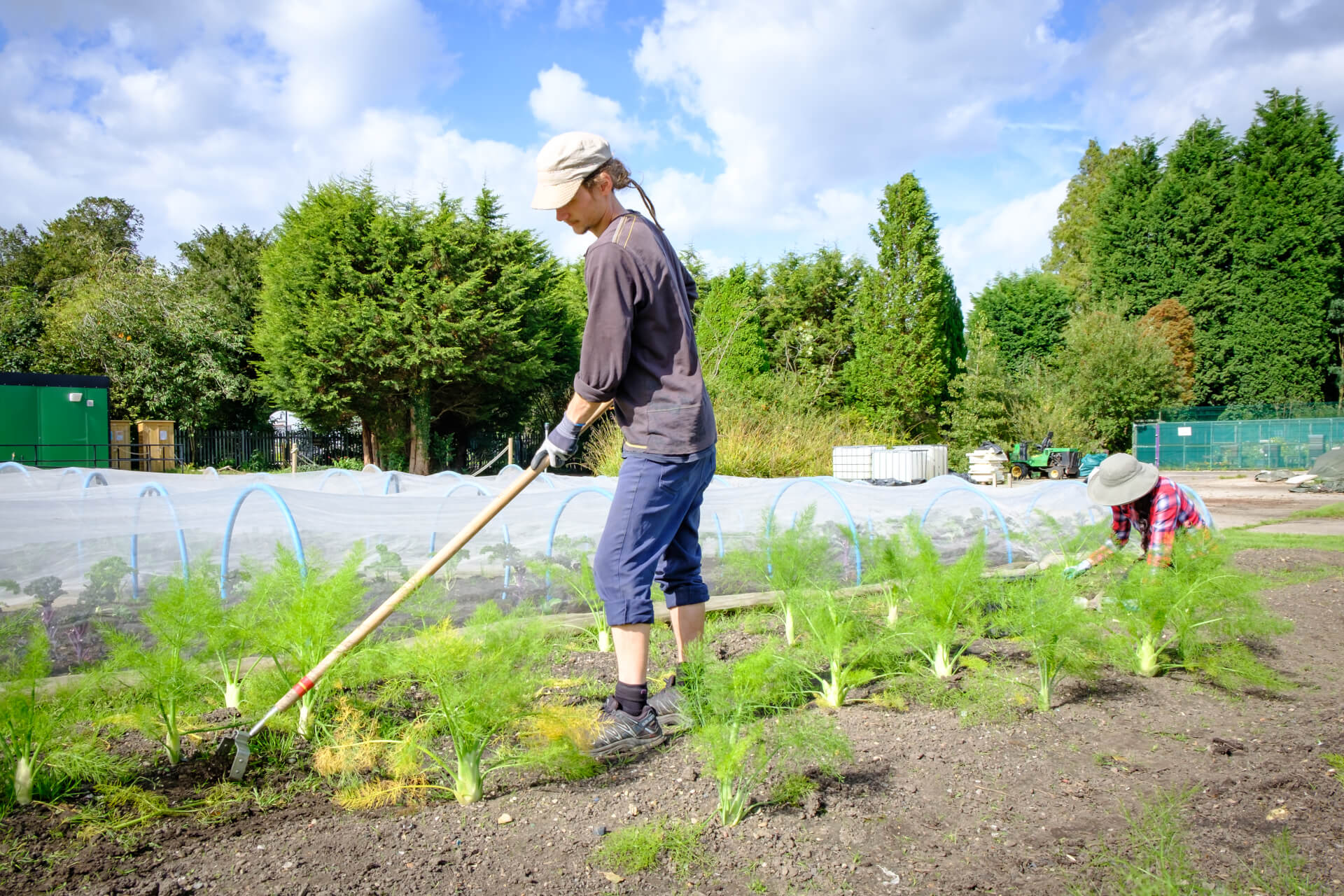
- Where your money goes
- Team
- Documents
- Updates
Where your money goes
It’s your money so it follows that you want to know where it goes and what kind of impact you’re making.
- It will replace more expensive conventional finance with investment from community shareholders to purchase Barn Hey Farm, reducing overheads in the crucial first few years
- It will make you a part-owner of Kindling Farm, joining a community taking action against the root causes of an unfair and unsustainable food system.
- It will help protect wildlife, improve soil quality, and promote local biodiversity, hailing a new era of sustainable farming and food production.
- It will promote good farming practices and educate people on its benefits, putting the wellbeing and health of communities at the heart of everything.
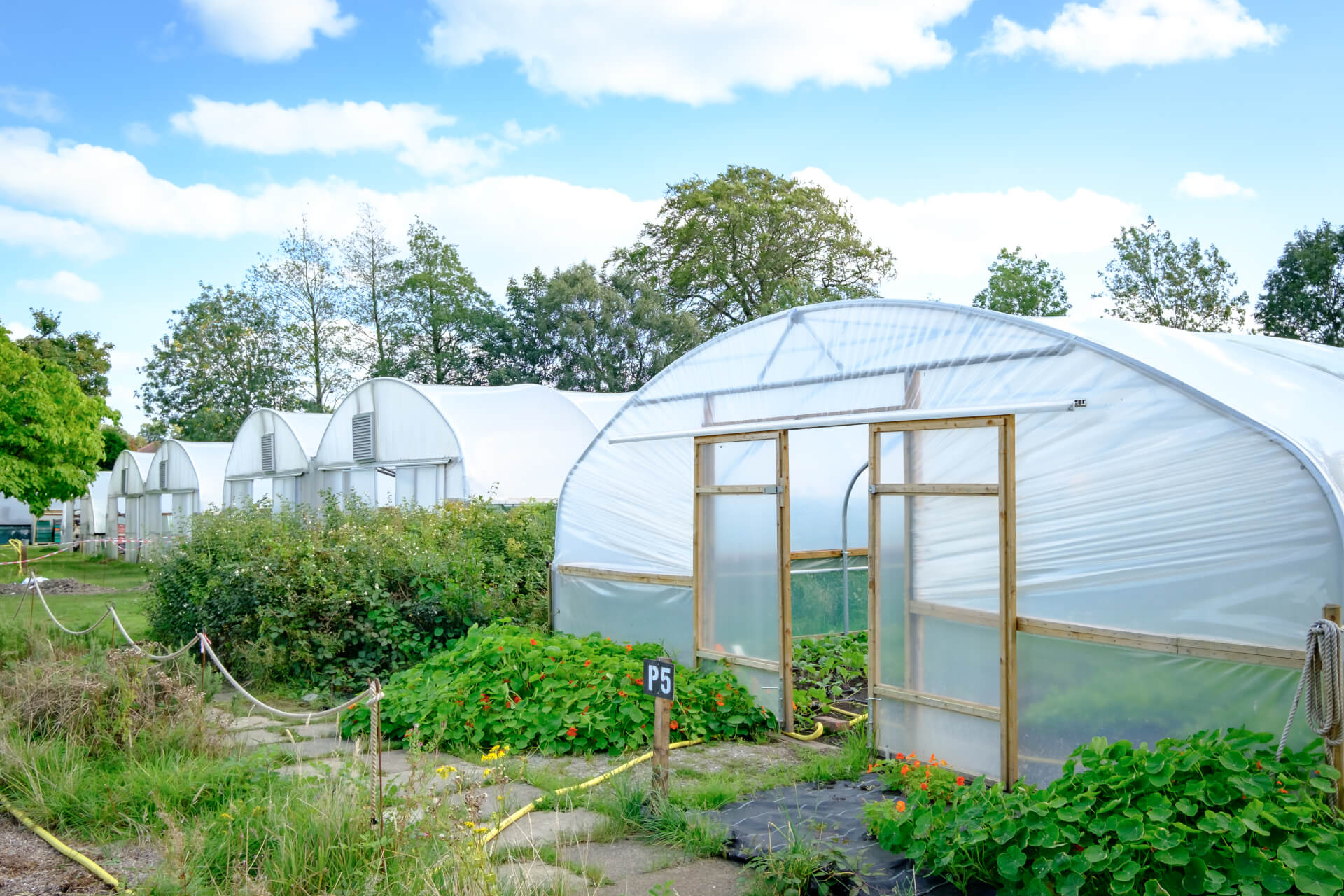
Team
Kindling Farm are buying Barn Hey, an established 77-acre farm and transforming it into a large-scale community-owned farm using sustainable farming practices to produce healthy and organic food for all.
https://kindling.org.uk/Farm
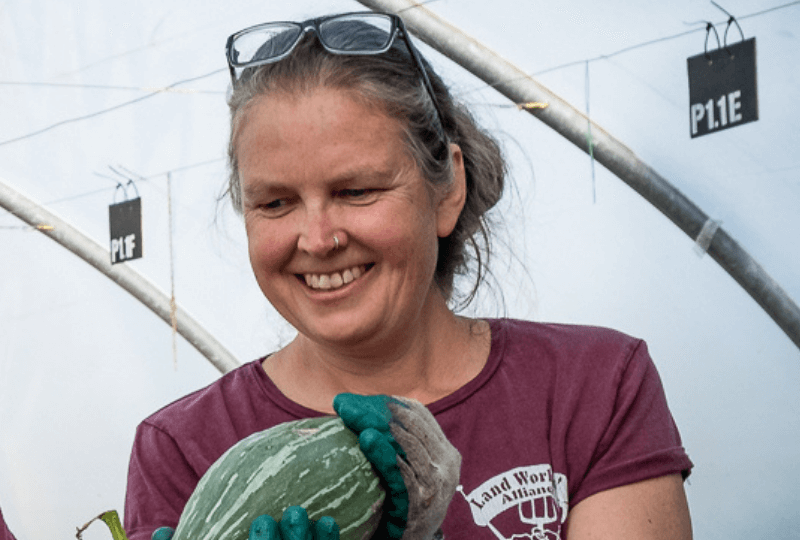
Helen Woodcock
Director
Helen has co-founded a number of projects over the last 20 years, including: Bridge 5 Mill – fundraising for and project managing the £4.5 million refurbishment of this 5 story mill; The Kindling Trust and Manchester Veg People. Helen has an MSc in Organic Farming, is an active member of the agroecological farming community and was a trainee grower herself for 5 years while helping establish Kindling’s FarmStart project.

Abi Baguley
Director
Abi works for the John Lewis Partnership as a Democracy Coach and has 11 years experience of working in member engagement and democratic governance and through this has extensive HR experience. Abi was on a full-time secondment with The Kindling Trust for the 6 months in 2019 focusing on the development of the Kindling Farm’s Community Share Campaign.
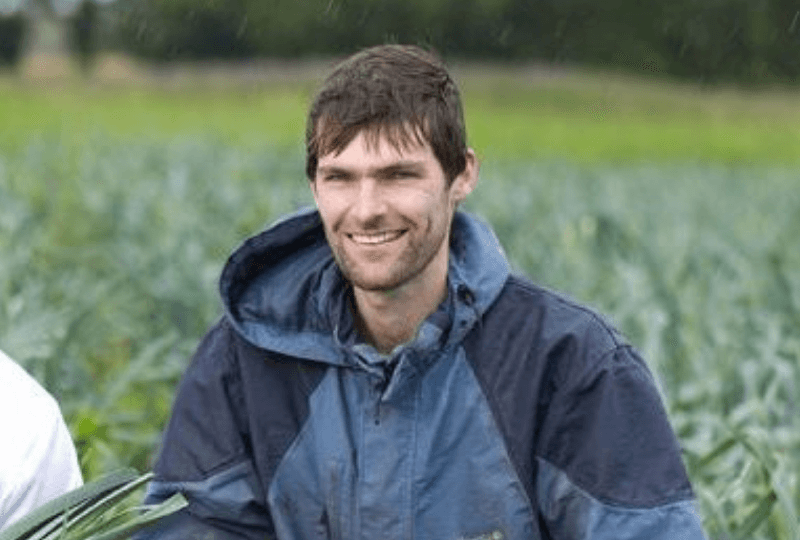
Stuart Jones
Director
Stuart has over 17 years’ experience of working in organic food and farming, including 14 years as a veg buyer for Unicorn Grocery, 2 years on an organic mixed farm at Marton Villa Farm and 8 years in organic horticulture with Moss Brook Growers co-operative that Stuart co-founded. Stuart has an HNC in Organic Horticulture from the Welsh College of Horticulture.
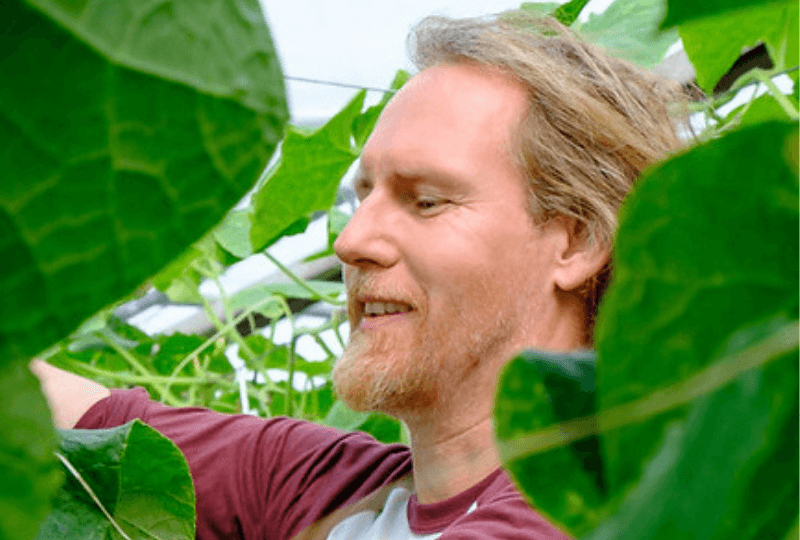
Chris Walsh
Director
Co-founder of The Kindling Trust, Bridge 5 Mill and Fairfield Recycling, Chris is an accomplished social entrepreneur, instrumental in establishing initiatives across the region, including Manchester Veg People and Veg Box People. Chris has been a trustee of the Real Farming Trust, which oversees the work of the Loans for Enlightened Agriculture Programme and the Oxford Real Farming Conference and a member of the Better Food Traders’ membership panel. Chris was also a trainee grower for 5 years while establishing FarmStart.

Team Member Name 5
Team Member Position 5
Lorem ipsum dolor sit amet, consectetur adipiscing elit, sed do eiusmod tempor incididunt ut labore et dolore magna aliqua. Ut enim ad minim veniam, quis nostrud. 5

Team Member Name 6
Team Member Position 6
Lorem ipsum dolor sit amet, consectetur adipiscing elit, sed do eiusmod tempor incididunt ut labore et dolore magna aliqua. Ut enim ad minim veniam, quis nostrud. 6

Team Member Name 7
Team Member Position 7
Lorem ipsum dolor sit amet, consectetur adipiscing elit, sed do eiusmod tempor incididunt ut labore et dolore magna aliqua. Ut enim ad minim veniam, quis nostrud. 7

Team Member Name 8
Team Member Position 8
Lorem ipsum dolor sit amet, consectetur adipiscing elit, sed do eiusmod tempor incididunt ut labore et dolore magna aliqua. Ut enim ad minim veniam, quis nostrud. 8

Team Member Name 9
Team Member Position 9
Lorem ipsum dolor sit amet, consectetur adipiscing elit, sed do eiusmod tempor incididunt ut labore et dolore magna aliqua. Ut enim ad minim veniam, quis nostrud. 9

Team Member Name 10
Team Member Position 10
Lorem ipsum dolor sit amet, consectetur adipiscing elit, sed do eiusmod tempor incididunt ut labore et dolore magna aliqua. Ut enim ad minim veniam, quis nostrud. 10

Team Member Name 11
Team Member Position 11
Lorem ipsum dolor sit amet, consectetur adipiscing elit, sed do eiusmod tempor incididunt ut labore et dolore magna aliqua. Ut enim ad minim veniam, quis nostrud. 11

Team Member Name 12
Team Member Position 12
Lorem ipsum dolor sit amet, consectetur adipiscing elit, sed do eiusmod tempor incididunt ut labore et dolore magna aliqua. Ut enim ad minim veniam, quis nostrud. 12
Updates
The Vegetarian Society invests in Kindling Farm
30th June 2023
Read more about why The Vegetarian Society decided to make a £50,000 investment into the Kindling Farm share offer: https://www.ethex.org.uk/news/the-vegetarian-society-invests-in-kindling-farm
